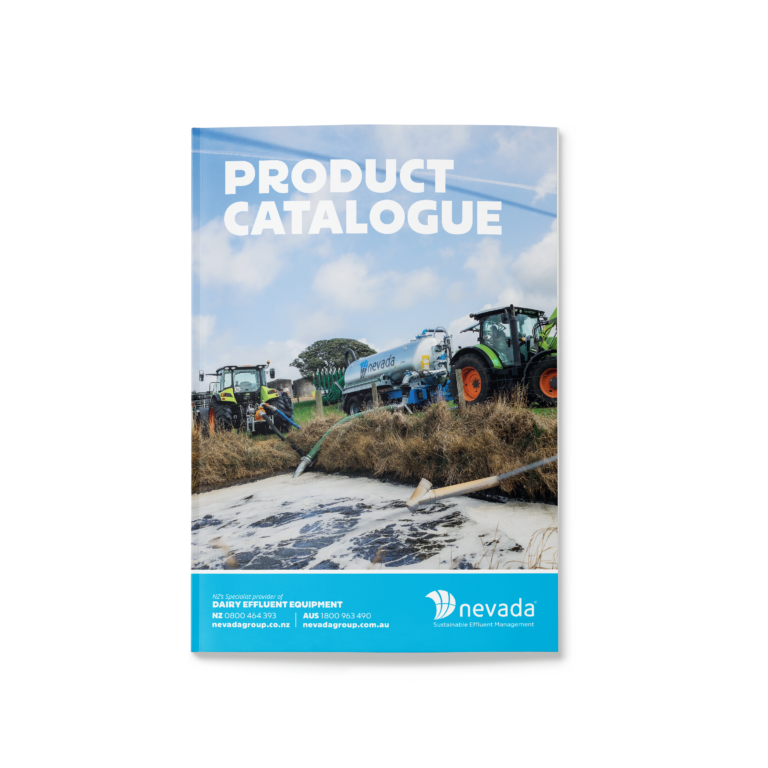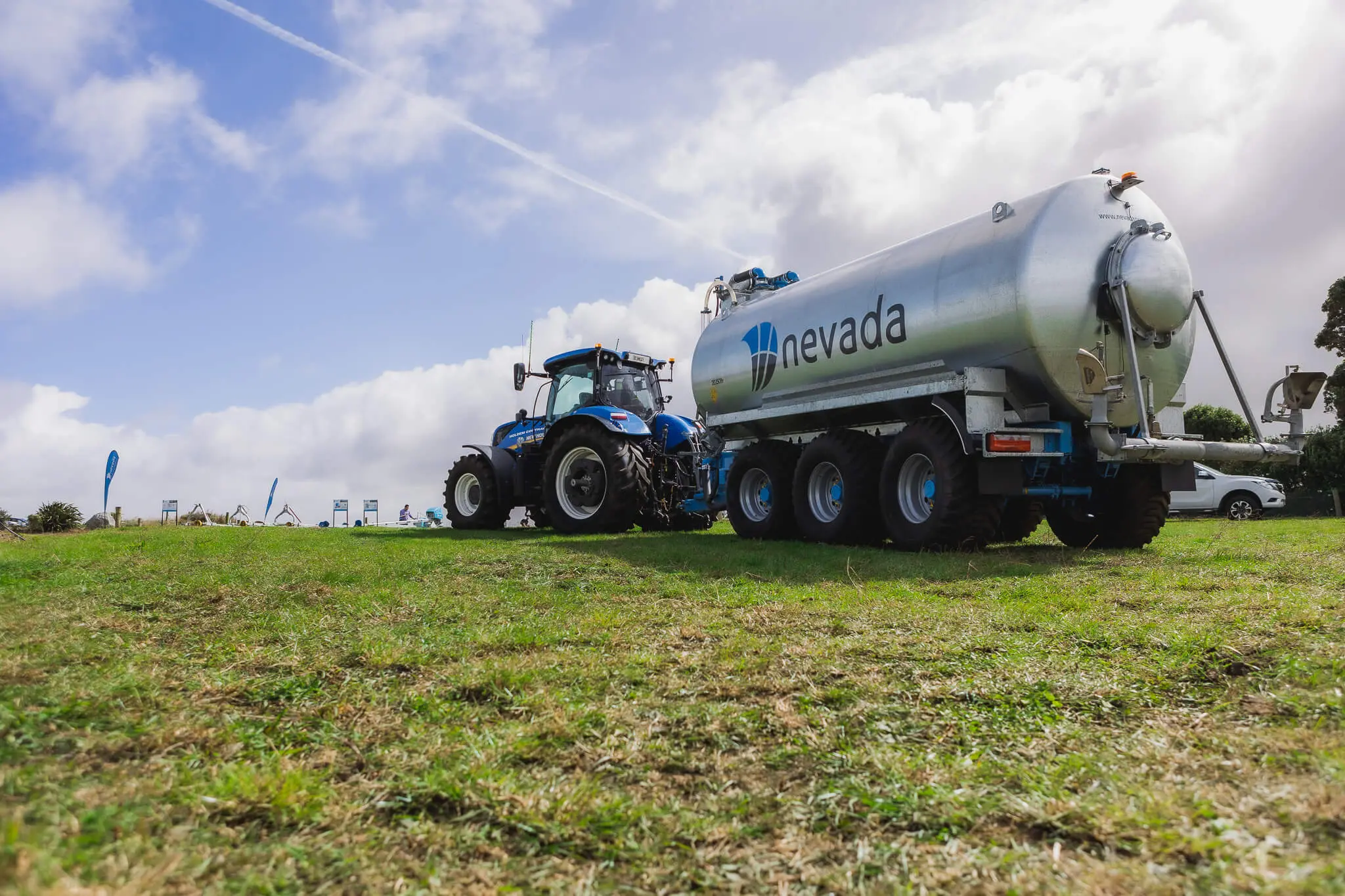- Sustainable Effluent Management
In a nutshell, most effluent irrigator nozzles aren’t capable of processing the chunky bits and pieces that make their way into effluent storage. All it takes is for one large woodchip or clump of straw to get sucked in, and you end up with a blocked nozzle.
This is more common for farms using feedpads, or from ponds with trees overhanging, and when the effluent being spread is reasonably fresh, like effluent from a sump. Fresh effluent is great for its nutritional properties, it just means the chunky debris will also be fresh and won’t have had a chance to break down.
There are actually a few ways to solve this issue depending on what’s going to work best for your farm…
If you’re wanting to keep your operations the same, try using Inline Effluent Filters. These are designed to eliminate fibrous debris that create blockages in irrigation nozzles. They’re really simple, with liquid flowing through the screen inside the filters body. All you need to do is open the top of the filter, remove the filtering screen, get rid of the trapped debris, replace the cleaned screen and reassemble the filter. A real tidy operation!
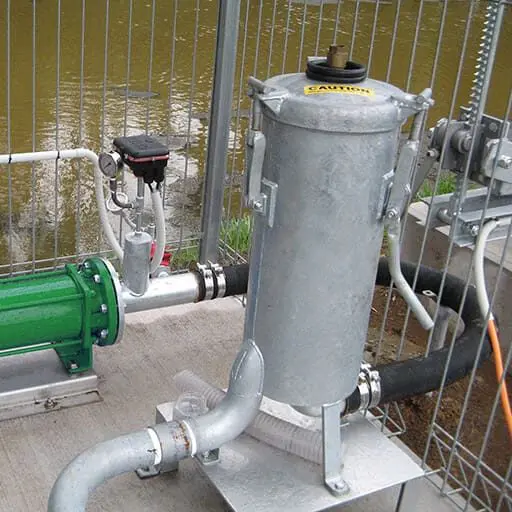
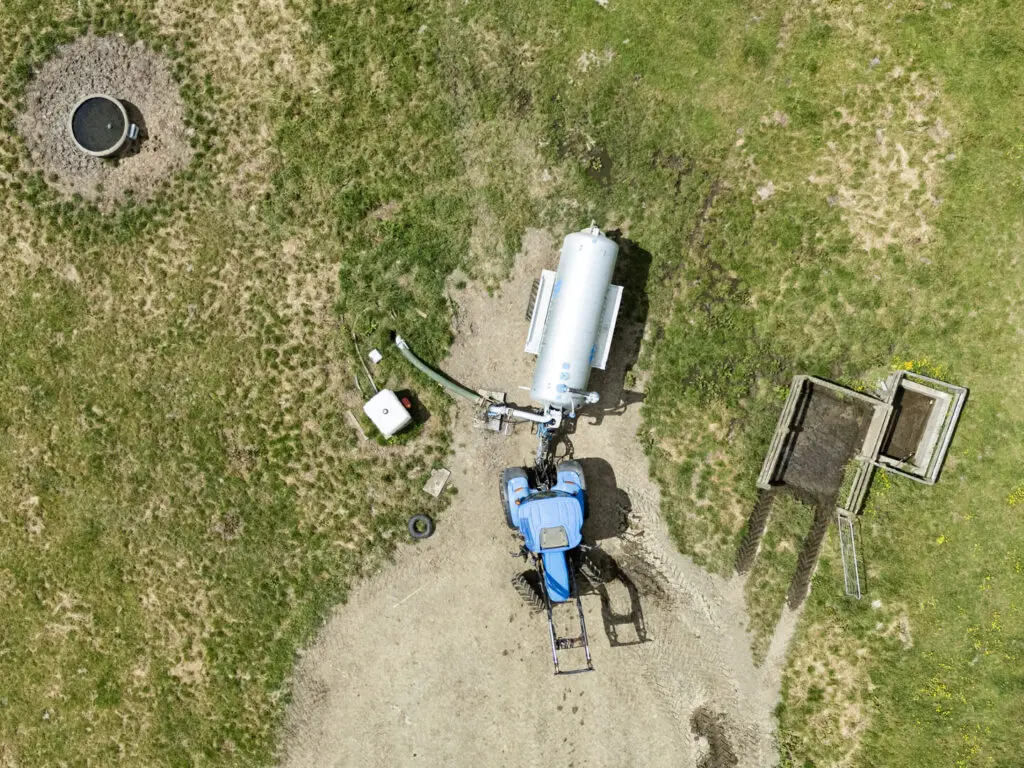
Alternatively, you may like to consider using a slurry tanker instead. Slurry tankers will have no issues processing fibrous debris, and you’ll have the bonus of being able to spread when and where you like around the farm. They can also be used to clean out the sump, pond, or troughs.
Fibrous solids don’t just block your irrigator, they also cause more strain on your pump when processing them through. If you have a lot of solids, then a chopper pump is an option. The chopper pump will break down the larger solids into smaller more manageable pieces before they are processed through the pump.
"*" indicates required fields
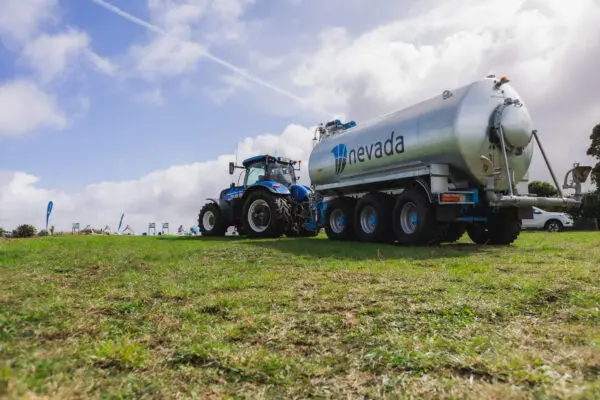
"*" indicates required fields

"*" indicates required fields

"*" indicates required fields
